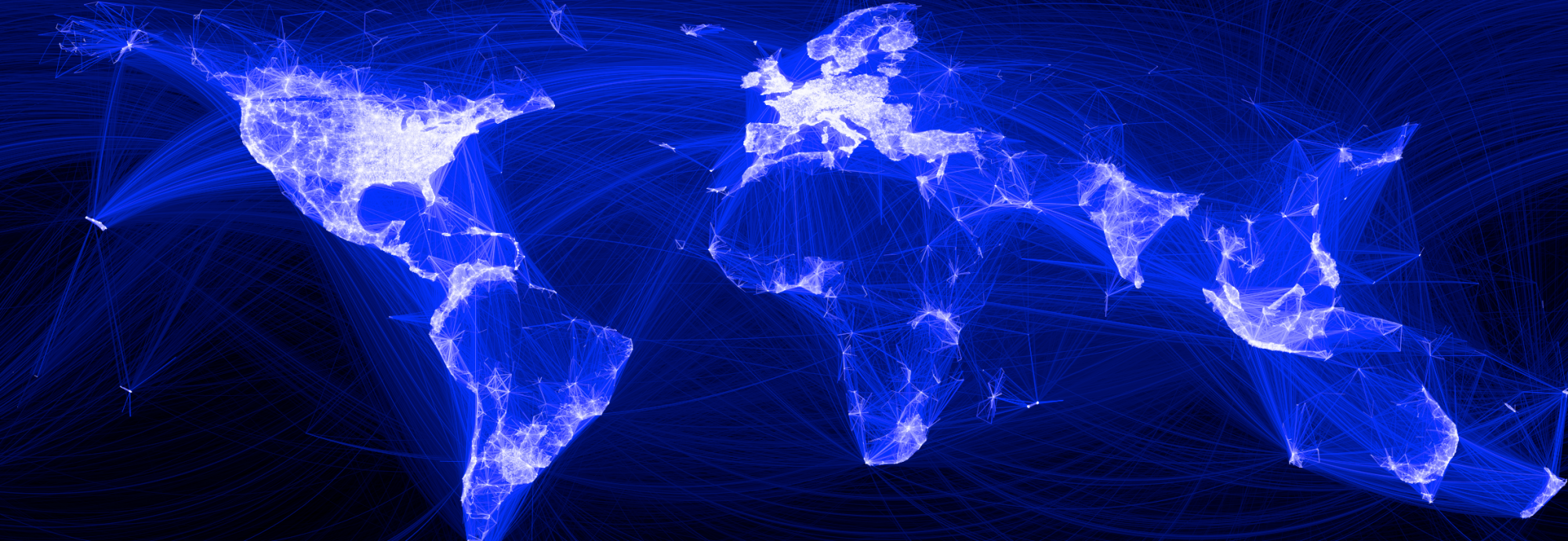Much has been said about the some of the innovations of Barack Obama’s campaign team, particularly in their use of digital technology and data analysis. But now that the campaign is over, to what ends is this expertise being put? The New York Times recently did a profile of some of the “digital masterminds” of Obama’s campaign team, and it turns out that the intensive and expensive data analytics involved in the campaign and the young and motivated minds behind them seem more drawn to the private sector than to continuing to work in the less lucrative and more frustrating political world.
The article points out that political marketing usually tends to lag behind commercial marketing; in the words of the author, presidential campaigns, in commercial terms, are “start-ups aimed at a one-day sale” to commercial marketing’s “billions of dollars a year [spent] developing ways to make many more billions of dollars a year”. In the case of Obama’s second campaign, however, the resources put towards developing brand new data analysis tools were extensive. Once the campaign was over, the young minds that had been brought in for the campaign had to find somewhere where they could continue to engage in challenging, important work. They, naturally, would want to feel as though they were given sufficient freedom to work, and not have to worry that their work would be destroyed by ineffective bureaucracy. In profiling one of the young people behind Obama’s campaign, the article states the following:
“McLean treated his shift from selling Obama to selling Caesars as a small discomfort that was necessary if he wanted to keep working on the technological advancements he and his colleagues developed on the campaign. In a nonpresidential year, no political effort would have the money to finance what he described as the “huge R.& D. project” that the Obama campaign effectively became. The resources for that kind of project could now be found only in corporate America. If companies with big budgets wanted members of Obama’s team to do for them whatever it was that they did for the president, McLean couldn’t see why they shouldn’t answer the call.”
Meanwhile, some of Obama’s campaign have been involved in more ‘civic-minded’ work, such as the Chicago data analysis firm Civis Analytics, which has been working on a project to map census tracts with the most uninsured people in order to improve outreach efforts for Obamacare, and in the future to help smaller community groups working in health law outreach. In this case, digital technology and data analysis are still being put to use in the political and non-profit arena, but still with the backing of a major government policy campaign. One can imagine this kind of analysis making a big difference in campaigns regarding other social issues, but it will require someone to put the necessary resources behind the task.
The power of data analysis that really takes advantage of digital technology has the potential to change the world in a lot of ways, whether it’s electing a politician who relies on a traditionally less active demographic, rooting out causes and symptoms of poverty, or disrupting the world of TV advertising in order to get casino customers back at the slots. However, outside of a presidential campaign, with a popular candidate that draws in fundraising money, the rising world of “big data” may remain mostly within big industry.
